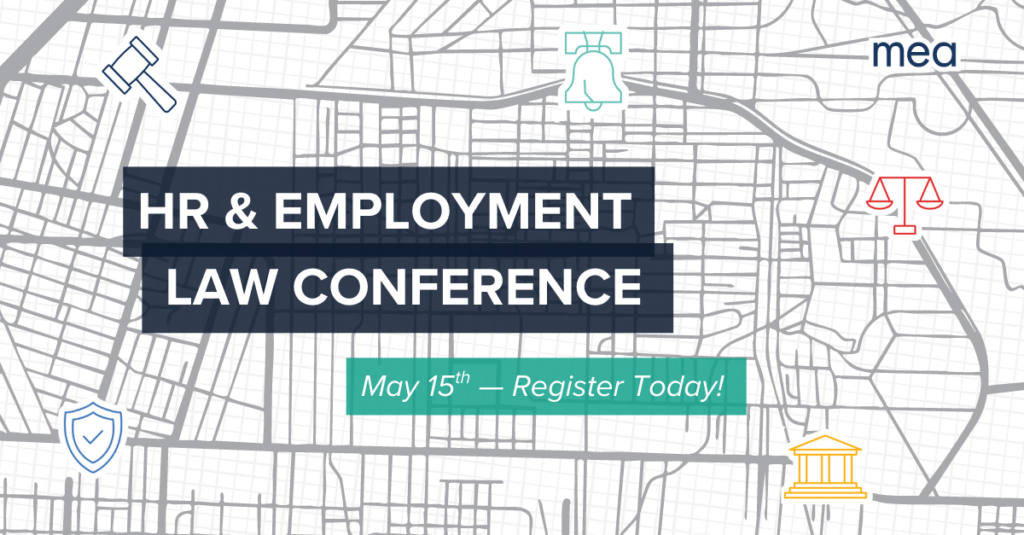HR Boot Camp
For: HR & People Leaders | Three, 4 Hour Sessions
One day you’re doing your job and the next day you’re the one putting the human in Human Resources.
Responsibility for HR means knowing more than how to do your job—it requires an understanding of the function and the regulations and laws that impact how everyone else is doing their jobs.

